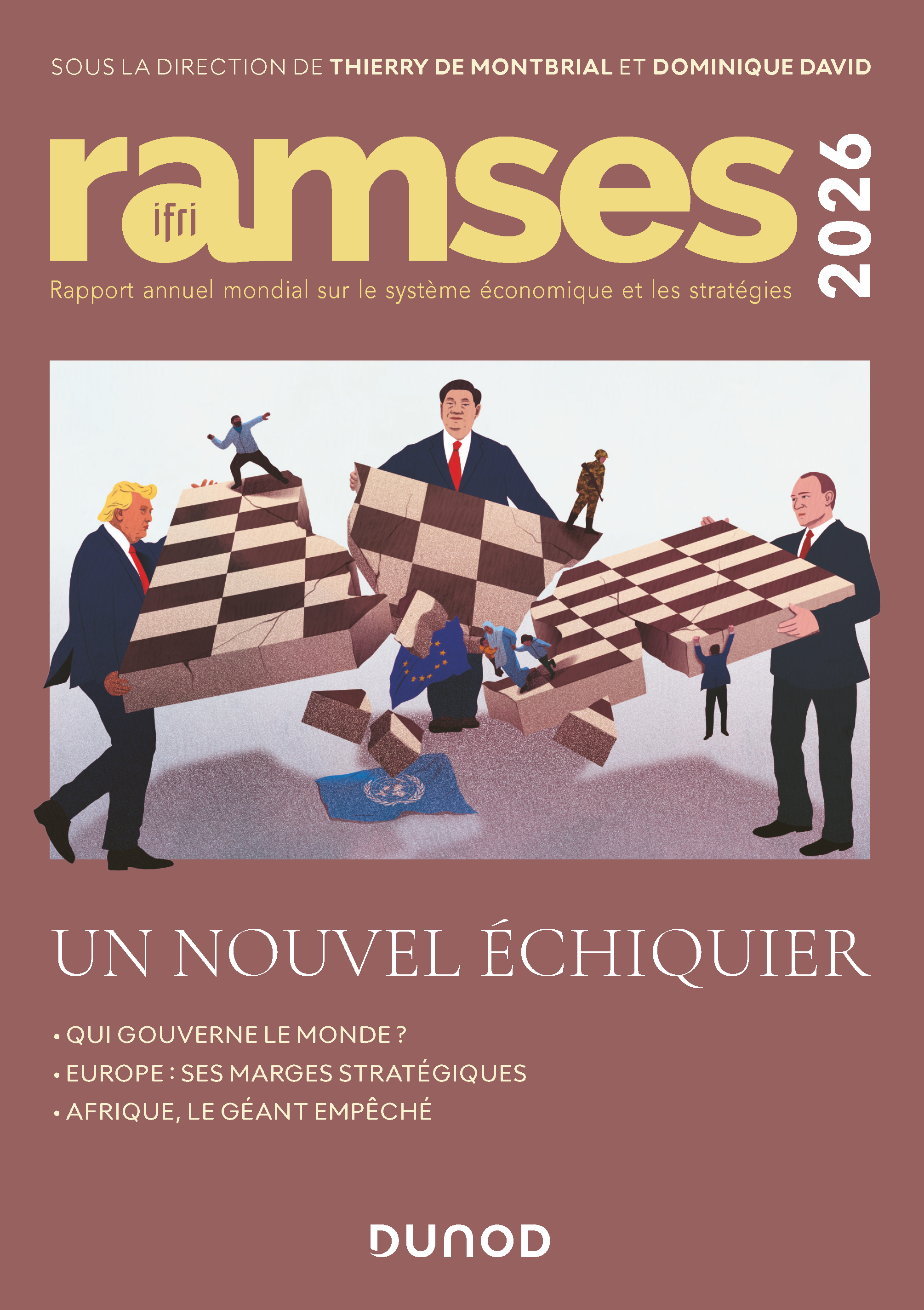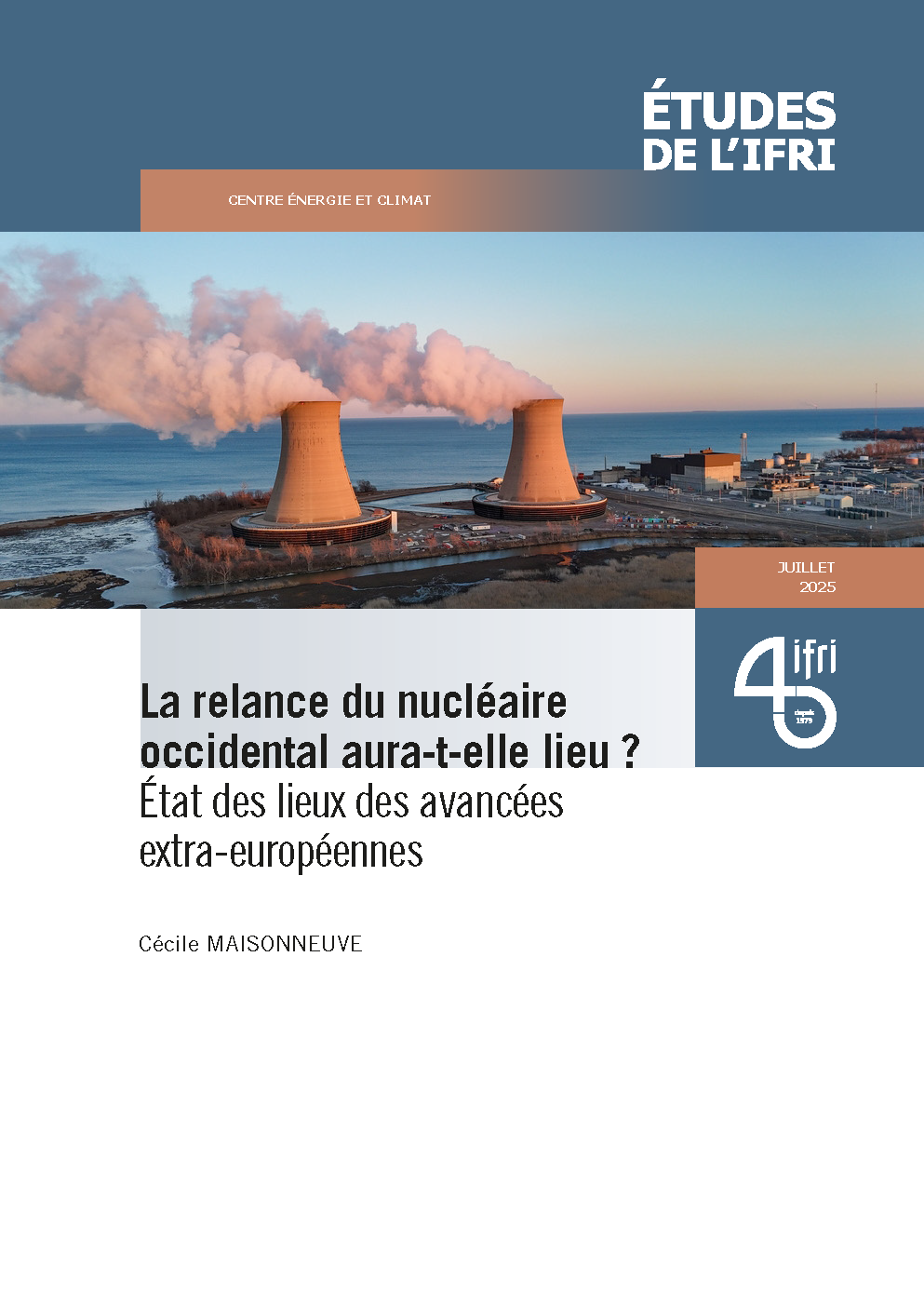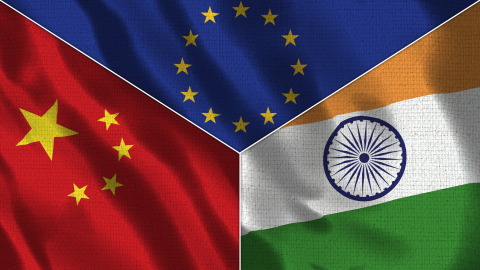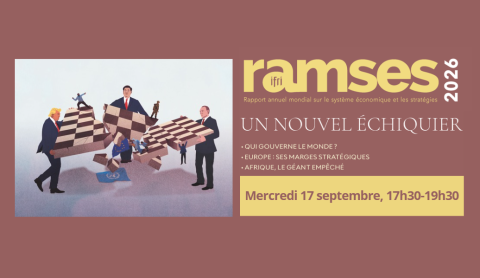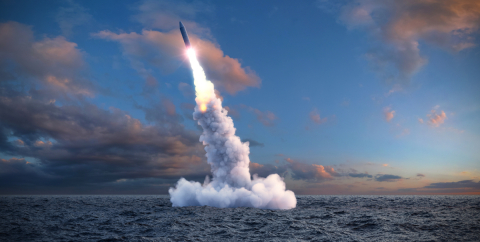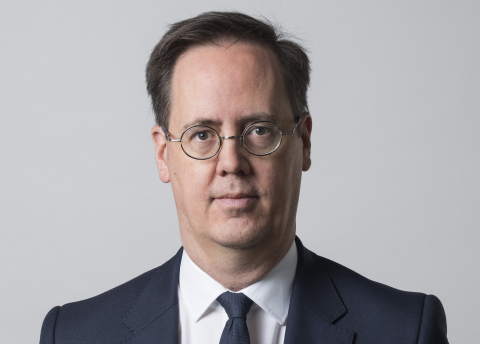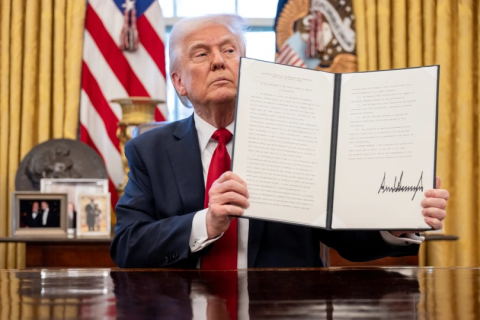Rare Earths and other Critical Raw Materials: Towards a Security of Supply?

Informations pratiques
Thématiques et régions
Centres et programmes liés
Ceci est un événement réservé.
En savoir plus sur nos programmes de soutien26 January 2011
14:00 - 16:00
at
European Commission Representation in Belgium
73, rue Archimède
Brussels, Belgium
with
Roderick Eggert
Professor and Director of the Division of Economics and Business,
Colorado School of Mines
Paul Anciaux
Policy Officer - Mining, metals, raw materials,
DG Enterprise and Industry, European Commission
René van Sloten
Chairman, BUSINESSEUROPE Market Access Working Group
and
Alan Price
Partner and Co-Chair of the International Trade Practice Wiley Rein LLP, Washington DC
Chair:
William C. Ramsay
Director, Ifri Energy Program
With the development and increasing commercialization of cutting edge technologies and growing competition from emerging economies, Europe is ever-more vulnerable to supply disruptions of rare, geographically concentrated raw materials. The so-called "rare earths" are but one among many. In 2008, the European Commission identified 14 such critical materials necessary for the health of European industry but subject to severe supply risks due to geopolitical-economic factors. Both Europe and the United States face similar challenges in securing these critical raw materials to support the growth of enterprise and industry. By bringing together perspectives from both sides of the Atlantic, this conference aims to discuss some of these challenges, the effects on industry, and policy options available for ensuring better securities of supply - in particular the options examined in a special Communication by the European Commission on raw materials scheduled for adoption on 26 January.
In cooperation with the U.S. Mission to the EU
and with the kind support of
the Representation of the European Commission in Belgium
Sujets liés
Autres événements

De l’Alaska à Washington : la paix est-elle désormais plus proche en Ukraine ?
Un brief de 30 minutes autour de Tatiana Kastoueva-Jean, Directrice du Centre Russie de l'Ifri
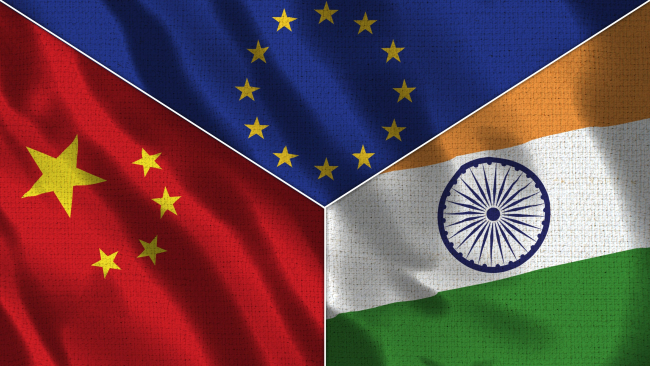
La reconfiguration du triangle Europe-Inde-Chine à l’aune de l’administration Trump 2
Un déjeuner-débat autour de Sylvia Malinbaum, chercheuse et responsable de la recherche sur l'Inde et l'Asie du Sud au Centre Asie de l'Ifri et

Un nouvel échiquier. Présentation du Ramses 2026
Un échiquier mondial haché par les vertiges de puissance. Un spectre hante le monde : la fragmentation - après des décennies chantant l'ouverture et l'unification sous le signe du progrès technique et de l'accélération des échanges. On passerait ainsi d'un espace mondialisé à un espace haché, émietté en égoïsmes nationaux, intérêts égoïstes insoucieux des autres, effaçant au passage l'espoir d'une gouvernance faisant écho aux intérêts communs d'une humanité unie.


